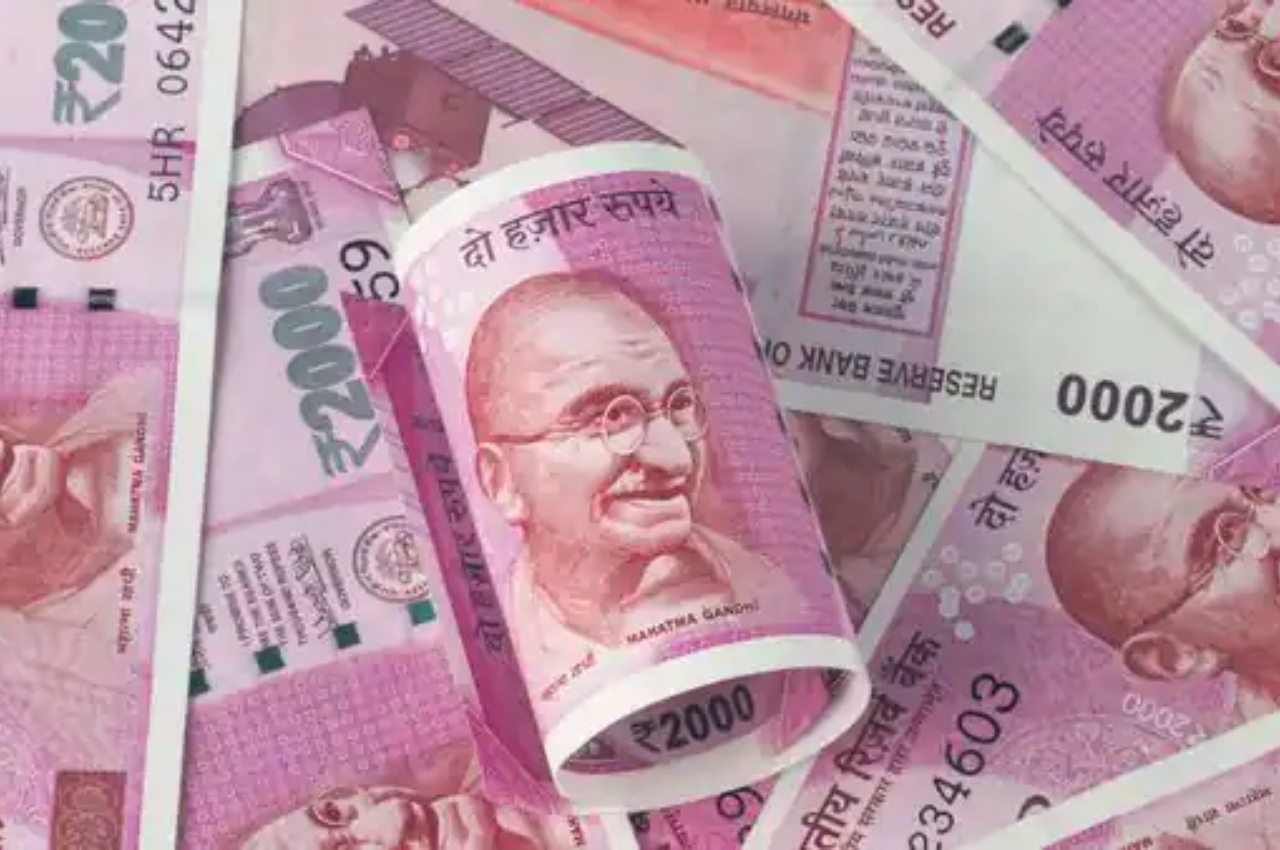New Delhi: The Indian rupee on Wednesday fell for the first time below 83 versus the dollar and closed at a new low, following declines in the market for emerging currencies.
The rupee started out at 82.33 to the dollar but fell as low as 83.01 during the course of the day. It lost 0.76 percent from its previous close of 82.36 to conclude the day at 82.99.
Other currencies continue to suffer losses as the value of the dollar rises. The Japanese yen plunged as low as 149.48, its lowest level since 1990 and getting closer to the crucial 150 barrier, while the British pound dropped 0.6 percent to 1.1247. The dollar index increased by 0.3%.
Domestically, inflation is also anticipated to increase as a result of the winter crop’s minimum support prices increasing at a quicker rate than in the previous year, especially wheat’s 5.5% increase.
Also Read: Indian share market witnesses fall after 4-day gains
“Besides domestic inflation worries, global uncertainties and spillover risks remain high, with the US Fed determined to tighten policy progressively till inflation makes a decisive turn, leaving the door open for more pain for emerging markets’ assets,” said Radhika Rao economist at DBS Bank.
The need for price stability, to ground inflationary expectations, and to backstop rate differentials to maintain the currency are driving DBS Bank’s projections for 60 bps further increases this fiscal year. The policy committee is anticipated to take a break in FY24, she stated.
The Reserve Bank of India’s monetary policy committee recently received requests for slower rate increases and a stop at 6 percent from two foreign members.
Prof Jayant Varma advocated a pause at 6 percent amid concerns about fragile growth. “It is dangerous to push the policy well above the neutral rate in an environment where the growth outlook is very fragile,” Varma said.
Also Read: Indian Rupee hits fresh record low at 83.08 against dollar
According to Ashima Goyal, high Indian repo rates resulted in significant costs in 2011, 2014, and 2018, and she said that it is essential to proceed with extreme caution now that forward-looking real interest rates are positive.
German bonds increased in yield by 7 basis points over the 10-year period, US Treasury yields by 5 basis points, and Indian bonds increased in yield by 3 basis points.
The deterioration followed a larger-than-anticipated spike in UK inflation, which sparked worries that ongoing price hikes might prolong the nation’s slump.
Prior to this, UK CPI increased by 10.1% in September from 9.9% in August, matching a 40-year peak hit in July.
Read More :- Latest Business News













